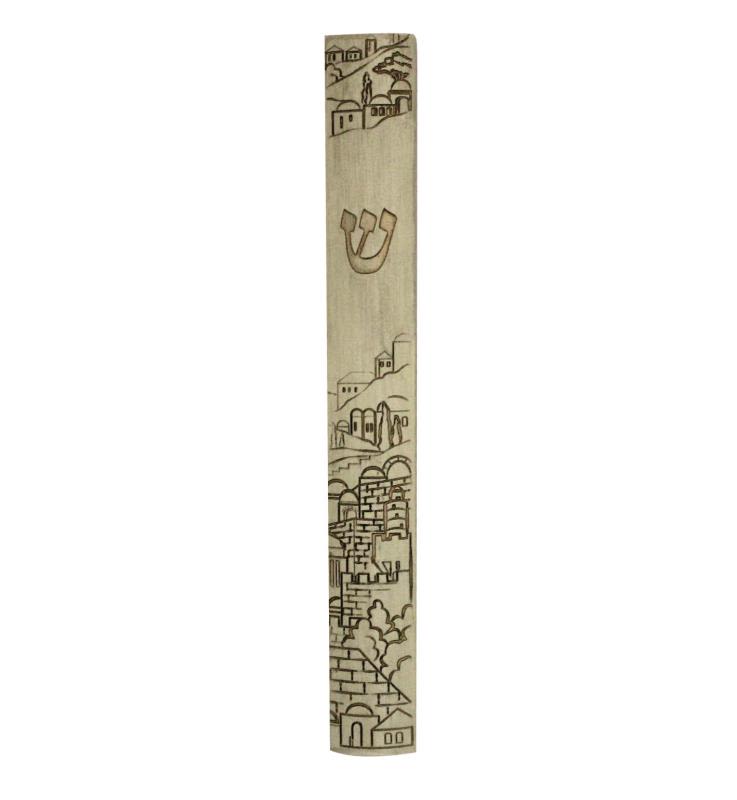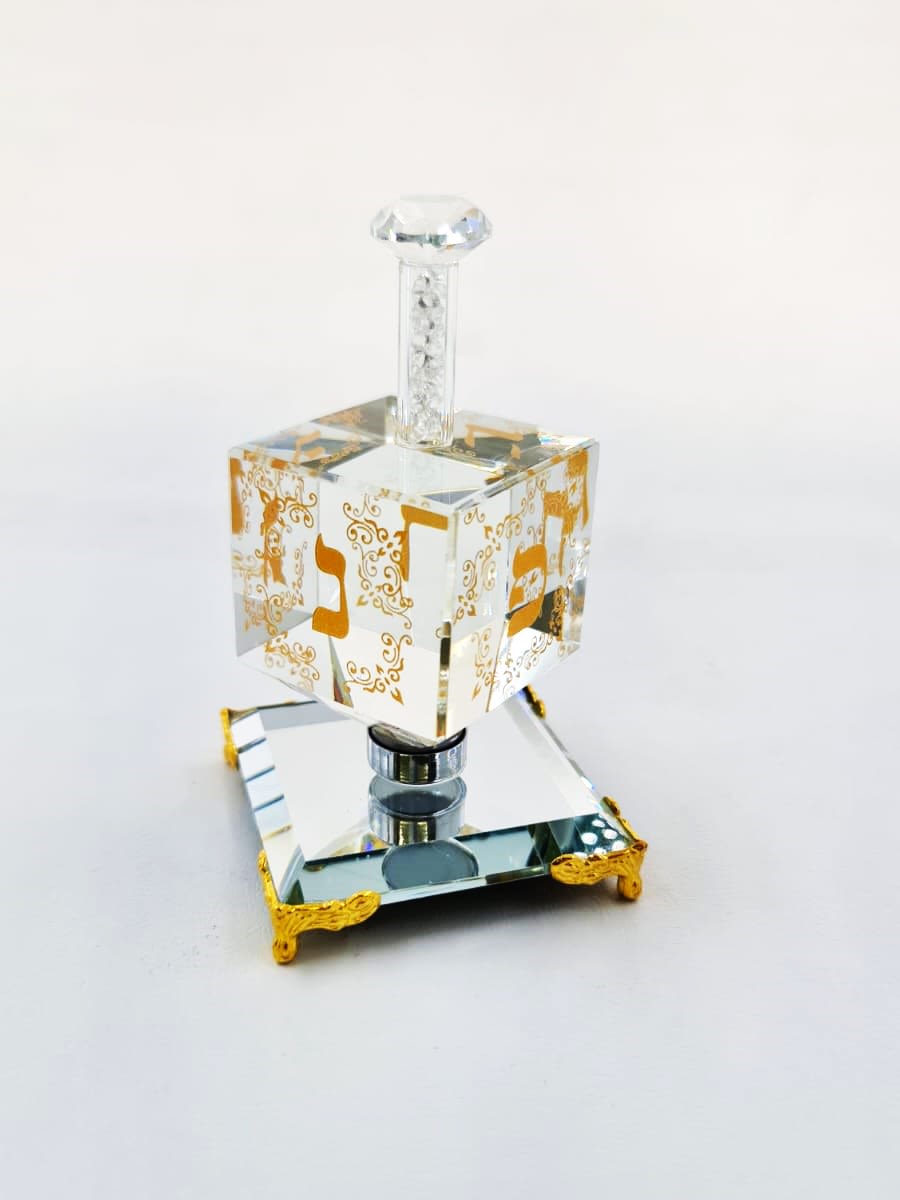
How Important is Your Past?
When we look at a situation with emuna, we see it in a fresh, new way that is unencumbered by logic or past experience. With emuna it doesn’t matter how many times I’ve failed…

There are two ways to evaluate whether a situation is “good” or “bad”. The most common way, is a process of scientific deduction: we decide whether the situation is good or not-good based on our memory and experience with that situation in the past. If my past experience led me to believe that breaking my leg doesn’t normally help me, for example, then I’ll conclude that breaking my leg is not a good thing.
The second way to evaluate situations is with emuna. When we look at a situation with emuna, we see it in a fresh, new way that is unencumbered by logic or past experience. With emuna it doesn’t matter how many times I’ve failed a test or how many times I’ve messed up in one of my relationships.
Science studies causes and effects and most people also think this way. They say: “I wasn’t successful in school as a kid so how can I be successful now? Or: “If I’ve never had friends in the past how can I possibly have them in the future.” This secular deterministic view of the future based on the past can be summarized as the “history is destiny” idea; or “the past equals the future”. But people who are opening  themselves up to an emuna way of thinking, work to keep themselves free from this trap. We don’t believe in “history is destiny”; to us the past is just the past. We reject negative deterministic thinking about the future simply because there happened to have been problems in the past.
themselves up to an emuna way of thinking, work to keep themselves free from this trap. We don’t believe in “history is destiny”; to us the past is just the past. We reject negative deterministic thinking about the future simply because there happened to have been problems in the past.
With emuna, we believe that every cloud has a silver lining – that everything is being orchestrated by G-d for our ultimate good, and that G-d wants us to find His positive message and intention in every situation.
If someone is experiencing a psychological symptom such as anxiety or depression, he needs to know that embedded within the very anxiety or depression that G-d has sent him is its cure. G-d doesn’t, heaven forbid, send us troubles just to torture us. He sends us difficulties so that we can come closer to Him, grow stronger, and only then find a solution to our problem. Once G-d sees us searching for His loving kindness in our “problems”, and hears us thanking Him for our problems, the problem disappears, and He sends us a level of success we never thought was possible.
Let’s take a real-life example, to illustrate how this idea works in practice. Noam was a talented young singer who was destined for big things, until one day, he suddenly developed stage fright. During the performance, his breathing became labored, his muscles tightened up, and he started to panic. After that horrible experience, he stopped performing.
The first step was for Noam to stop looking for logical reasons as to why he had the panic attack, and to accept that G-d had caused it to happen, and for a good reason. Once he accepted that, we could work on finding out what the reason was. I asked Noam to close his eyes, and to ask G-d why He’d made him have a panic attack on stage, just as his career was taking off. The answer came very quickly: G-d had sent him the anxiety to protect him from arrogance.
Noam had been blessed with a beautiful voice and a charismatic personality, but the overnight success had gone to his head, and he’d become boastful and haughty, especially at home. He’d gotten more critical, demanding and exacting towards his wife, to the point where she was threatening to leave him. Noam very quickly realized that G-d had sent him the panic attack to save his marriage. The panic attack had humbled him, and he spent most of the next 6 months at home (and not traveling) reconnecting with his wife and showing more appreciation for her caring nature. Once he realized that his success had gone to his head, he was able to find ways to prevent himself from becoming arrogant, without having to give up his promising singing career.











Tell us what you think!
Thank you for your comment!
It will be published after approval by the Editor.